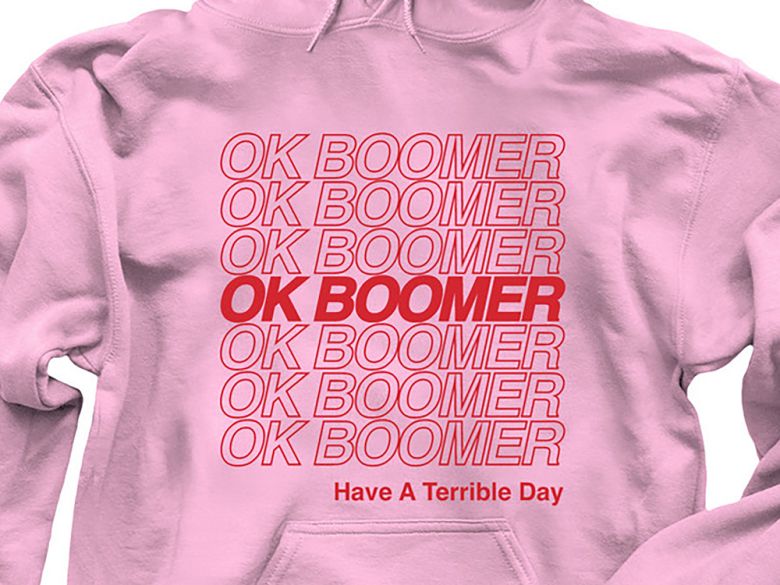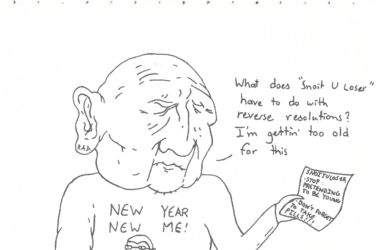‘OK Boomer,’ the digital world’s latest viral meme, has gained seemingly overnight attention from mainstream media outlets and spurred heated controversy between the young and old. Last week on Nov. 7, New Zealand Member of Parliament (MP) Chlöe Swarbrick dropped the phrase in response to heckling by an older MP. The catchphrase, initially popularized on the app TikTok, has become a more-or-less universal retort to shut down or make fun of older people whose views are considered out-of-touch among the younger generation.
The phrase was originally meant to target baby boomers, those born during an era of rapid population growth in Western Europe and North America between the mid-1940s and 1960s. While many baby boomers joined counterculture movements during their youth, younger people have since blamed them for many societal woes, from the high cost of college tuition to the failure to address climate change. Many Millenials and Gen Z-ers feel as though they were brought into the world by baby boomers and are now expected to clean up their mess, so to speak.
‘OK Boomer’ has become nothing short of a sensation, with a flood of tweets, TikToks, and Instagram posts to prove it. The catchphrase has interestingly even become a commodity, now appearing on t-shirts, phone cases, stickers, and reusable grocery bags. The trend is emblematic of Millenials’ and Gen Z-er’s rather unique ability to transform serious matters into both memes and marketing devices.
Despite its name, ‘OK Boomer’ has transcended its literal meaning and can now be used to address people of any age, as long as they exude boomer qualities. It is most frequently used as a retort to adults who seem dismissive of the younger generation’s concerns or who hold outdated views on gender roles, the job market, or immigration. On the other hand, younger people have notoriously been criticized by the older generation for being lazy, entitled, oversensitive, and obsessed with technology and avocado toast.
Skeptics of ‘OK Boomer’ seem rather puzzled about the potential implications of the term, as it is somewhat unclear as to whether ‘OK Boomer’ is just a meme or a call to action. Rather than shutting boomers down altogether, young people may be better suited to encourage them to hear us out on the problems we face today.
The growth of ‘OK Boomer’ in the public consciousness is indicative of both the new power of social media platforms to spread collective grievances and the enduring nature of generational divides in ideology. Social media has become an extremely powerful tool, to the point that memes like ‘OK Boomer’ have set the media agenda and the narrative. In fact, many older people likely learned of ‘OK Boomer’ from the news. The emergence of the phrase through TikTok might be new and specific to today’s younger generation, but the generation gap has always existed. Boomers and Gen Z-ers have grown up in different eras and faced different obstacles throughout their lives, so they are bound to disagree and approach things from different perspectives. Rather than perpetuate this divide, it is important to learn how to breach the generation gap and collaborate on finding solutions to the issues we face today. As such, ‘OK Boomer’ should be taken as a call to action for both the young and old to address these problems together by drawing on their diverse perspectives.
Young people seeking economic security while struggling to pay off their student loans are probably not looking to be lectured by those who shaped the policies that contributed to putting them into that situation. That said, it is important to not stereotype all ‘boomers’ as out-of-touch. ‘OK Boomer’ may have started out as a joke, but it now serves as an important reminder of the generation gap, as well as a call to action which implicates both young and old people.









